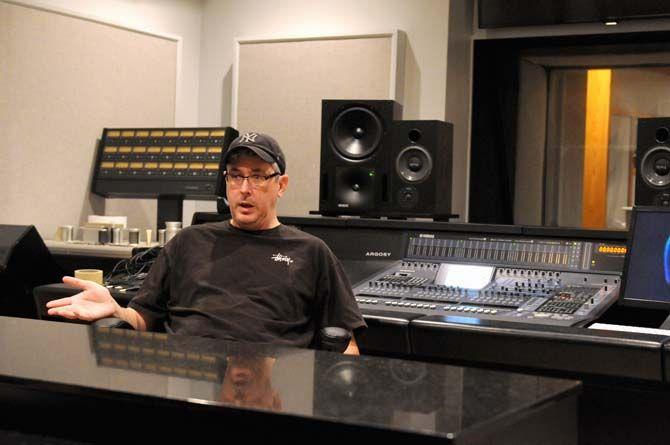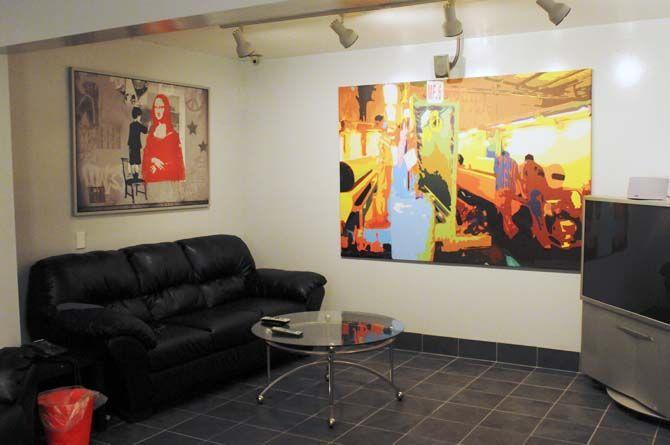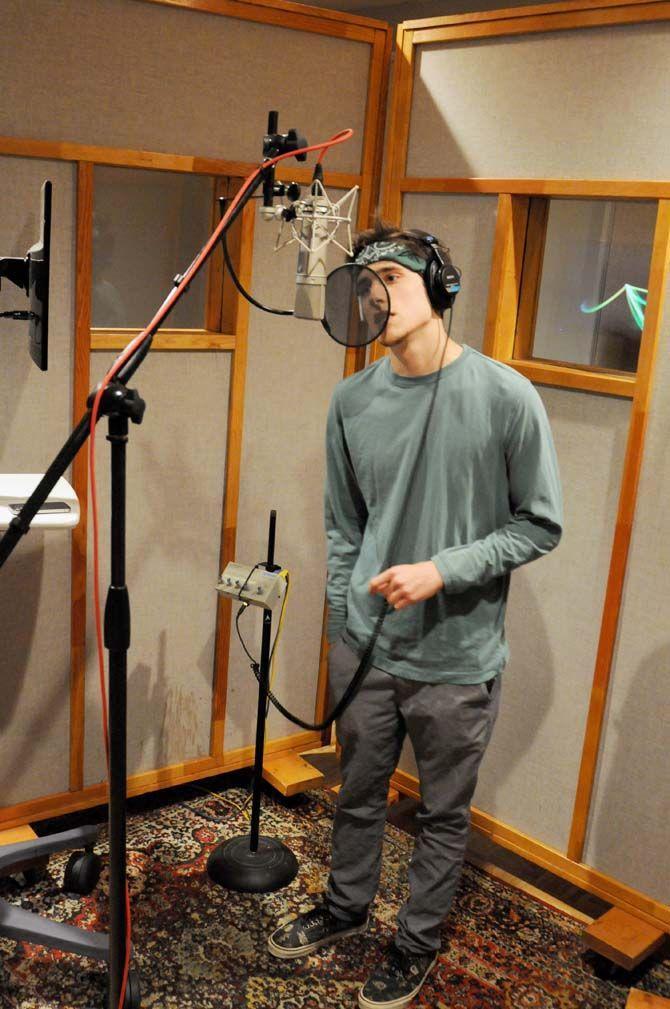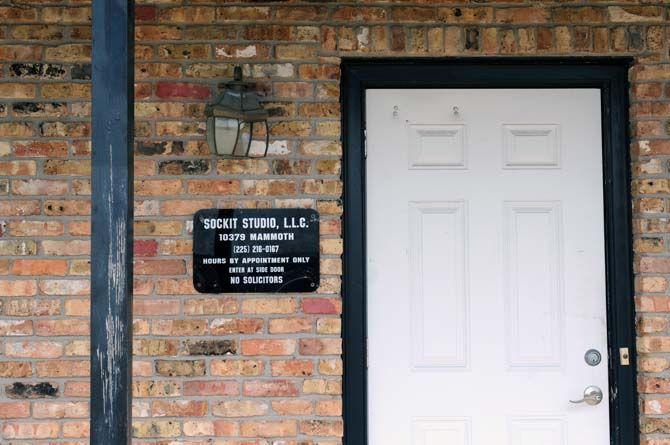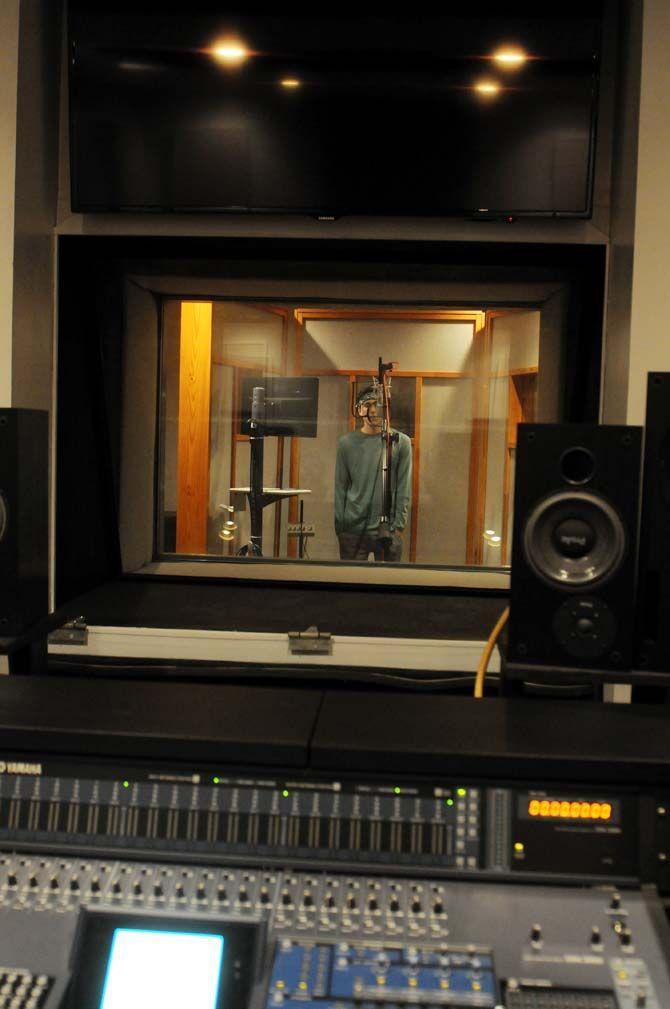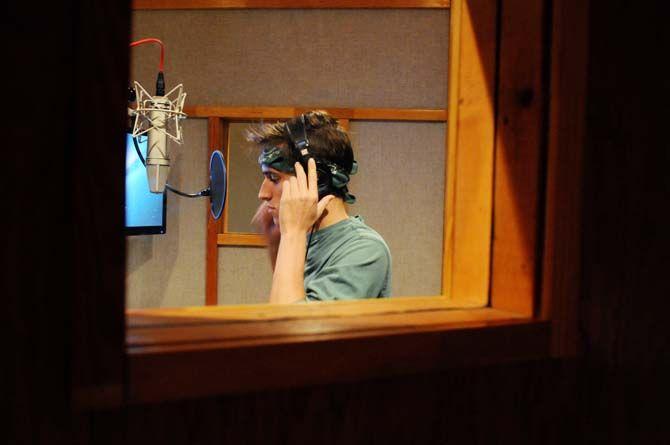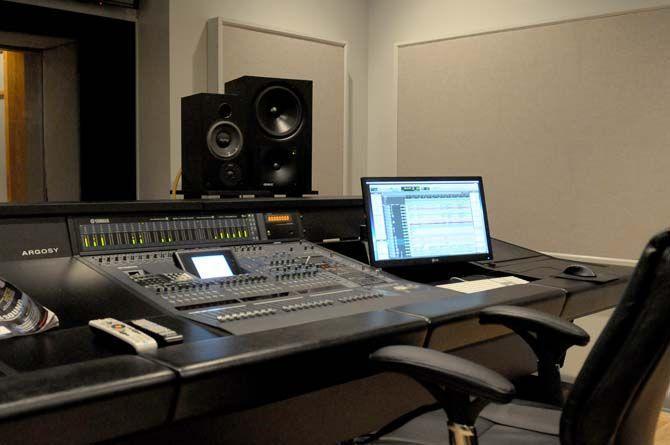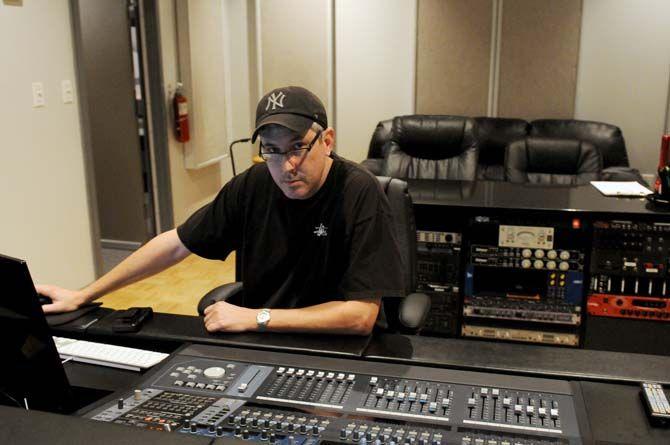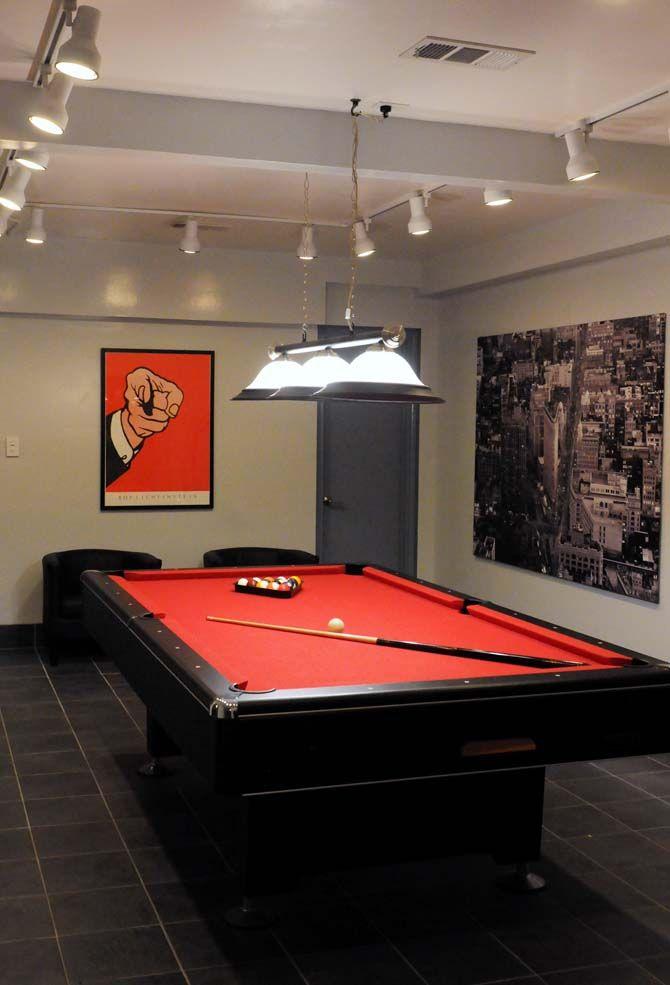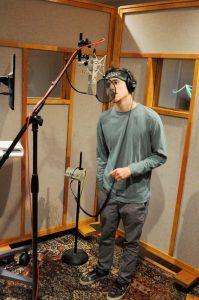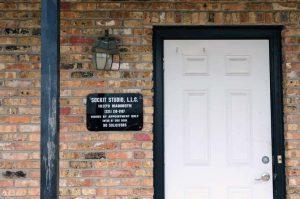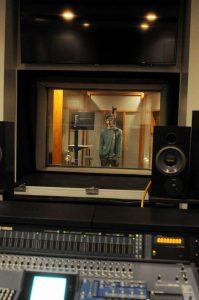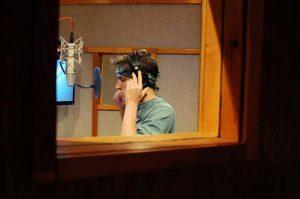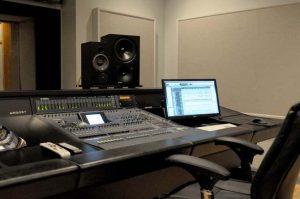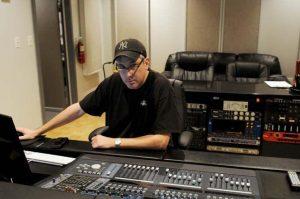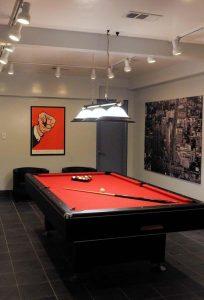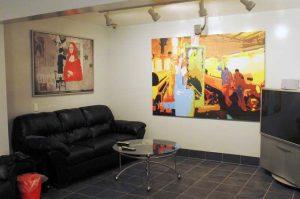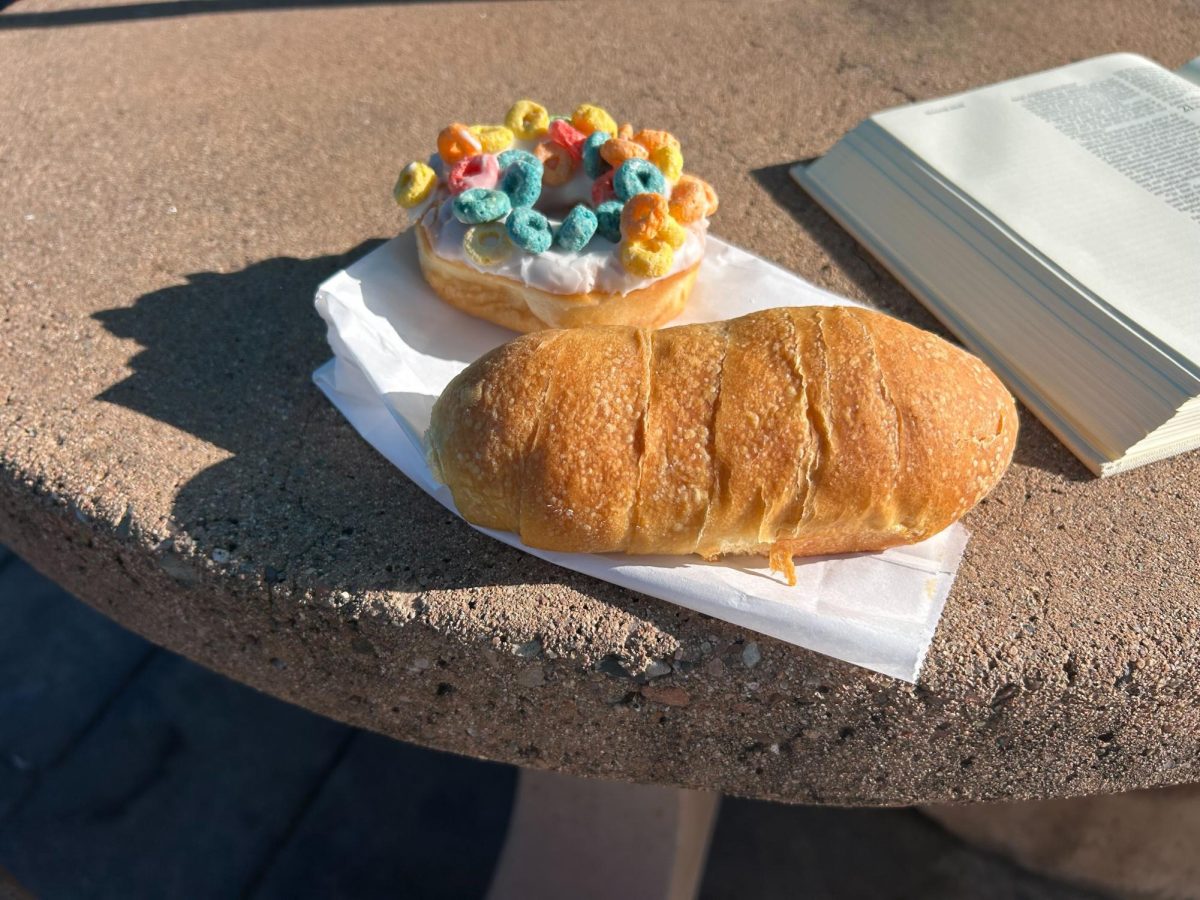From the outside, Sockit Studio looks like every other red brick building in the warehouse district of northeast Baton Rouge.
On the inside, however, is a professional audio recording studio that offers University students a chance to get high-quality recordings of their music at comparatively low costs.
In 2000, studio owner and engineer Devon Kirkpatrick converted the building from a warehouse to a bona fide studio, where musicians from around the city and world come to record their material.
After graduating from Full Sail University in 1994, Kirkpatrick got his start in the music recording industry first at Unique Studios, and then at Sony Studios in New York City.
“When I first started working at Sony, I was like a kid in a candy store,” Kirkpatrick said. “All of the equipment I had access to was just mind-boggling. Previously, I had been handing out completed tracks to major label artists on cassette tapes, so when I saw the guys at Sony using software like Protools to do multi-track recording with such flexibility, I was blown away.”
Thus, Kirkpatrick was part of the first wave of recording engineers to master the use of recording software rather than tape machines.
Sockit has played host to musicians working in a variety of genres, including local bluesman Tom Carver and gospel groups like The Williams Brothers.
Ester Dean’s tracks for the film “Pitch Perfect 2” were also recorded in Sockit Studio.
These days, however, much of what comes out of Sockit Studio is hip-hop and rap.
“All of the local rappers have come through here,” Kirkpatrick said. “I recorded a bunch of tracks for Kevin Gates and Mystikal’s 2001 album, ‘Tarantula.’”
Students and lesser known musicians also are welcome to come in to Sockit Studio to record their tracks.
Lately, the studio has been recording a new generation of local musicians, like producer and rapper Harrison “Max” Prehn.
“The staff at Sockit treat my artistic vision with respect and integrity. Their experience and facilities provide a comfortable environment for creative process,” Prehn said. “You can always trust that they’ll make it sound even better than it did when you imagined it.”
Indie jazz-rock group The Fence Climbers also recently recorded its self-titled album at Sockit. All members of the band are students or graduates of the LSU School of Music.
“If I ever have a particular sound in mind, I just describe it to Devon, and he always finds a way to make my vision come to fruition,” said Fence Climbers keyboardist and vocalist Daniel Bartage.
Despite his experience with recording software, Kirkpatrick still recognizes the appeal of analog sound. Sockit gives artists the option to use the new Endless Analog brand CLASP interface.
CLASP stands for Closed Loop Analog Signal Processor. It integrates real analogue tape recording into a digital audio interface signal and workflow. In short, it gives classic analog sound with modern sound editing flexibility.
“It gives you that classic analog saturation,” Kirkpatrick said, “and we’re one of the only studios in the state to offer it.”
Besides the CLASP interface, Sockit offers all the expected recording studio entities, like a full mixing board, quality monitor speakers and hardware interfaces.
The studio also features in-booth monitor screens to mirror the mixing board monitor screen, so that artists can see what’s being done to their tracks as they record.
To anyone who wants to come in to record, Kirkpatrick said, “Just make sure you do your homework first. Know what you want to do in your studio time. If you’re a rapper, come in with a track. If you’re a band, have your songs well rehearsed.”
You can reach Tyler Fontenot on Twitter @TylerFontenot83.
Baton Rouge studio records music by LSU students
September 15, 2014
Engineer and owner of Sockit Studio Devon Kirkpatrick talks about his experience in the music industry and the history of the studio in an interview Sunday, September 14, 2014.
More to Discover



